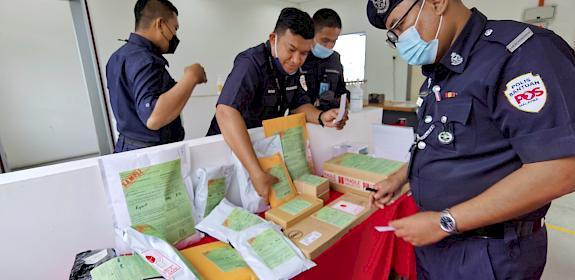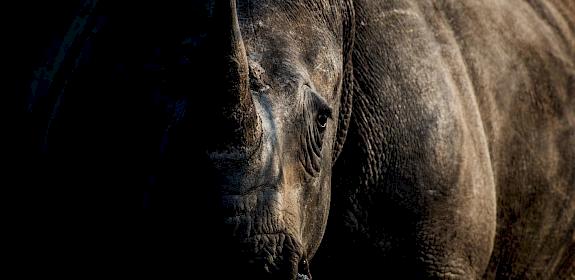China imposes temporary ban on all wild animal trade over coronavirus fears
Cambridge UK, 26th January 2020—As the spread of the deadly coronavirus currently affecting much of mainland China leaving more than 50 people dead continues, and with rising numbers of cases in China and beyond, Chinese authorities today announced a nationwide ban on wildlife trade in markets, supermarkets, restaurants, and e-commerce platforms.
The announcement comes amid rising speculation that the deadly virus arose in a market in the city of Wuhan that was illegally selling wildlife.
The cramped, highly unsanitary conditions under which wild animals are illegally traded and sold for human consumption in such markets is known to create the ideal conditions for viruses to mutate into particularly virulent forms, with the potential to cross the species barrier to humans, sometimes with fatal consequences.
In late 2002, an outbreak of a similar coronavirus called SARS was later shown to have been associated with the illegal trade and sale of civet cats in southern China. Suspicions that civet trade was the origin at the time led to a clampdown on all trade in civet cats and the culling of thousands of animals.
“The Chinese authorities are to be congratulated for this wise precautionary move, taken in the interests of human health,” said Dr Richard Thomas, Head of Communications at TRAFFIC.
“In the wake of SARS there was widespread recognition that unsanitary illicit markets selling live wild animals pose a significant public health risk.
“Governments worldwide should assess the human health and disease risks posed by poorly regulated and often illegal wildlife markets and take appropriate action.
“Alongside market closure, further effort is also needed to curb wild animal trafficking and associated criminal activities, and the dangerous consumption patterns that accompany illegal wildlife trade.”





